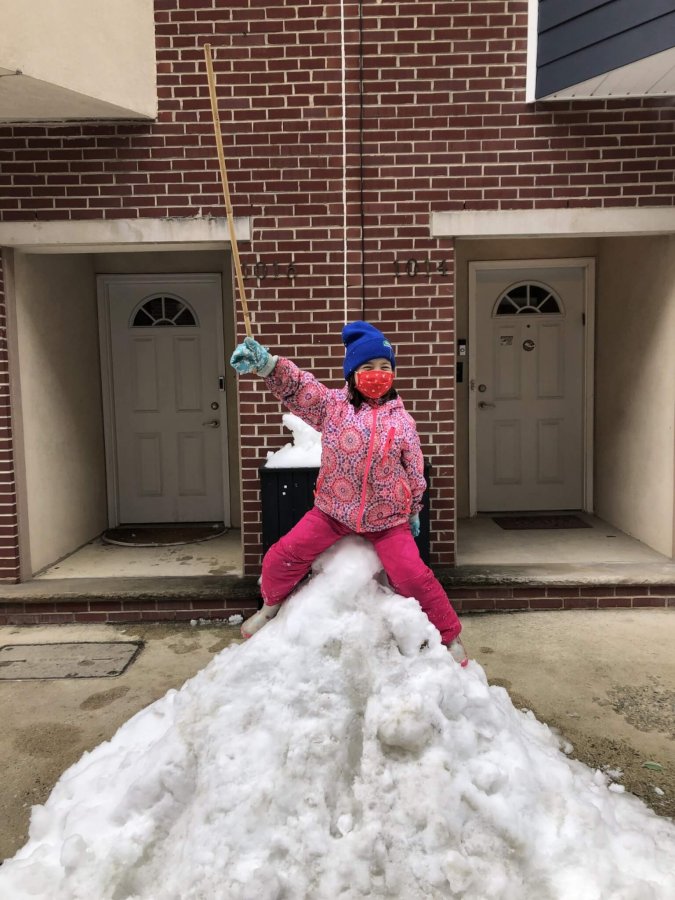
Can you believe we’re already halfway through this school year?! Wrapping up our second curriculum unit last week gave us ample opportunity to celebrate all the amazing learning, analyzing, and growing your kiddos have done. A particular big shout out and yasher koach (congratulations!) is due to our Nitzanim (3rd and 4th graders) upon completion of their second showcase. Stay tuned for a special blog all about that coming soon.
Over the last several months, we’ve read all about Yaakov and Eisav’s contrasting identities and how these differences fueled conflict throughout their lives. In our attempts to get to the root of their conflict, the Shorashim explored how these identities came about, who decided them, and to what extent Yaakov and Eisav were able to change them.
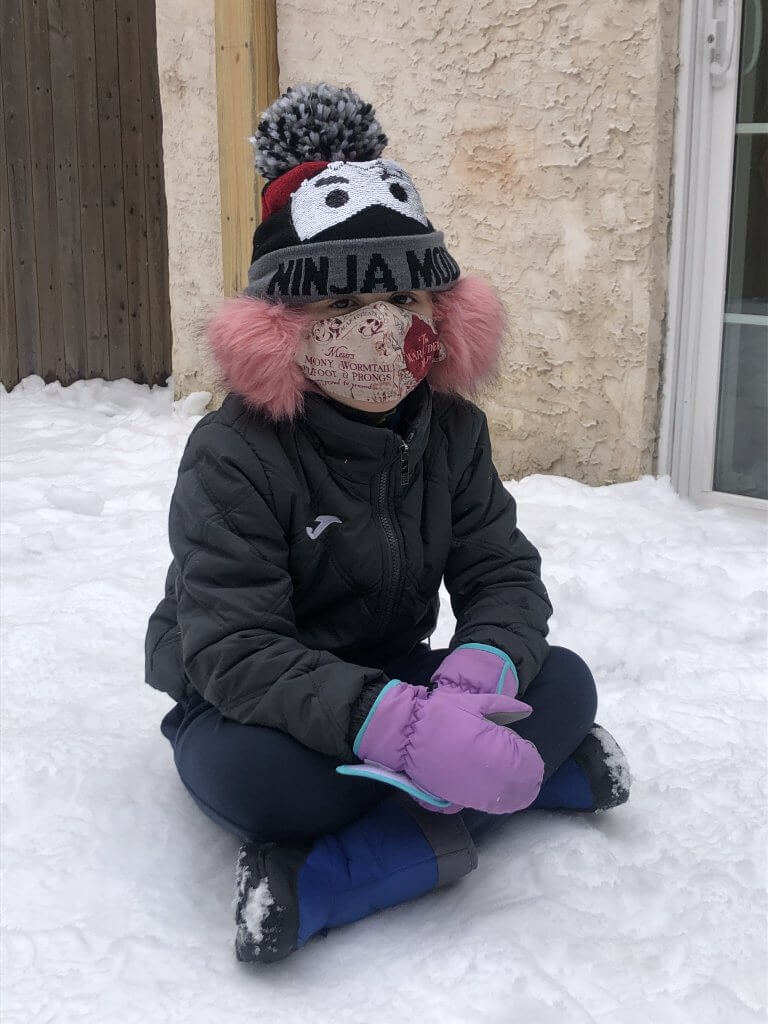
We first reflected on our own identities…
- My identity is I like to jump on trampolines and go sledding and skiing.
- I am from a big city.
…and wondered whether a person’s identity changes based on who is around them.
- No! I am always me.
- Sometimes, when I grow up.
- Yeah it’s both. It’s the people you’re around and it’s your age. You might do something that your friend likes, not what you like.
- If someone is grumpy to you, you will be grumpy so your identity might change that way.

To further explore this idea, how people might act differently based on those around them, kids picked a character at a point in time from the Yaakov and Eisav story and illustrated how they imagined the character would act and appear on zoom. We wondered how these characters might be using the chat, if they would stay muted or wanted to talk a lot, and if they took long camera breaks. Shorashim kids had a lot of creative ideas!
- One kid picked Eisav. He had Yaakov and Rivka with their cameras off, sneakily watching him as he tried to get him blessing while they tricked him. Yitchak’s camera was on, but he was muted because he was dying and coughing.
- Another kid drew all the characters in a huge zoom grid, all on mute, but bickering and fighting in the chat.
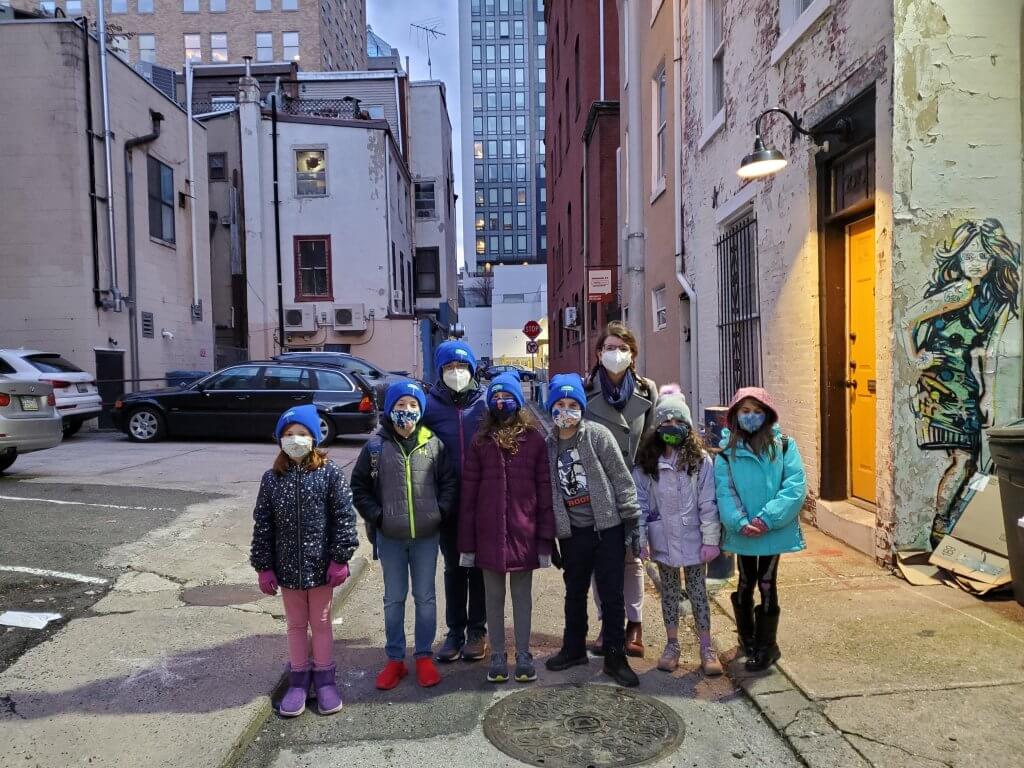
As we unpacked the ways that identities can shift and change, we expanded our analysis to relationships. Thinking back to Yaakov and Eisav’s reunion, we noticed the ways that their relationship changed over time. Even if the outlook is grim, are there always ways we can change the course of a relationship with somebody?
- I would just try to be nicer and kinder.
- You could try to be less mean.
- You could help them empty dishes or something.
- They could make cookies that they like and give them and also share.
- You can figure out other things you may or may not like.
- You can include them in your games.
We discussed whether some relationships are beyond repair.
- It depends on the problem. Say that lots of people were fighting against lots of people, that would be too hard cause it’s too many people. But two people could always repair.
- In the middle. Everyone is different. I guess if someone were about to die then maybe the relationship couldn’t be repaired.
- Nothing is ever beyond repair unless it is a huuuuuge problem.
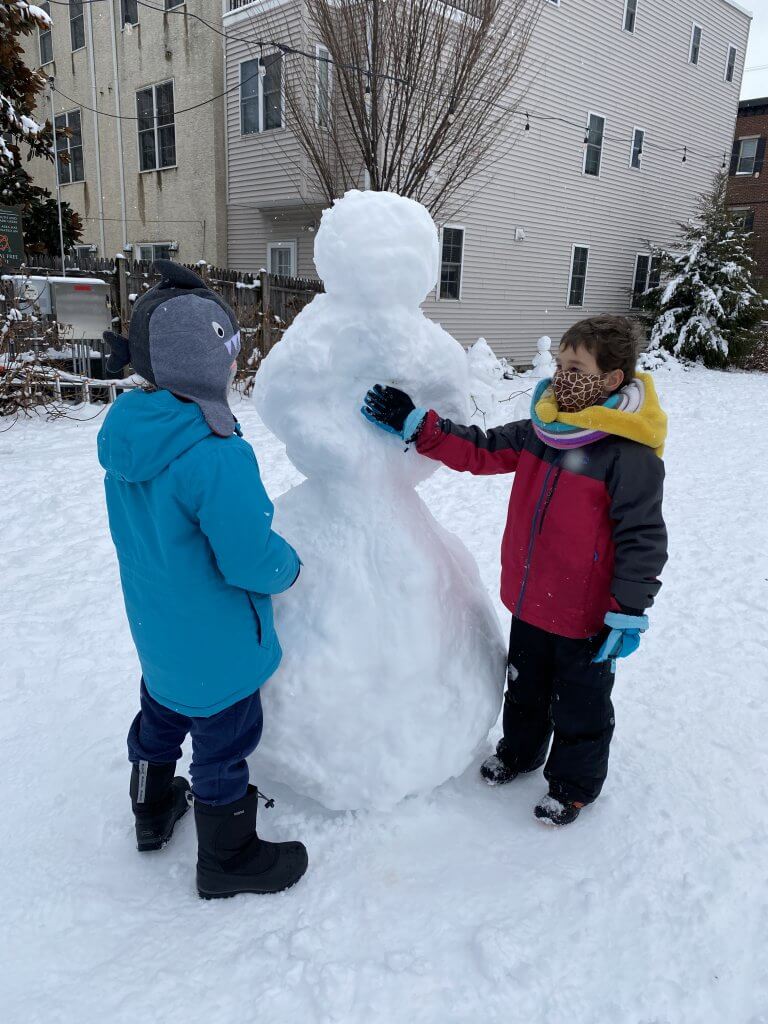
The Garinim (preK and K kiddos) noticed the ways power and control shifted around in Yaakov and Eisav’s relationship during their reunion, despite God’s predictions and Yitzvhak’s blessings. What words and actions does Yaakov use to show a power difference in his relationship with Eisav, particularly to show that Eisav is in charge?
- Bowing
- He calls Eisav “my lord”
- He calls himself “your servant”
- Sending Eisav gifts
What words and actions does Eisav use to show power in his relationship with Yaakov, particularly to show that he thinks of them more as equals?
- Running to Yaakov to hug him
- Kissing
- Crying when he sees Yaakov
- He calls Yaakov “brother”
- Trying to refuse his gifts
- Offering to walk at his pace
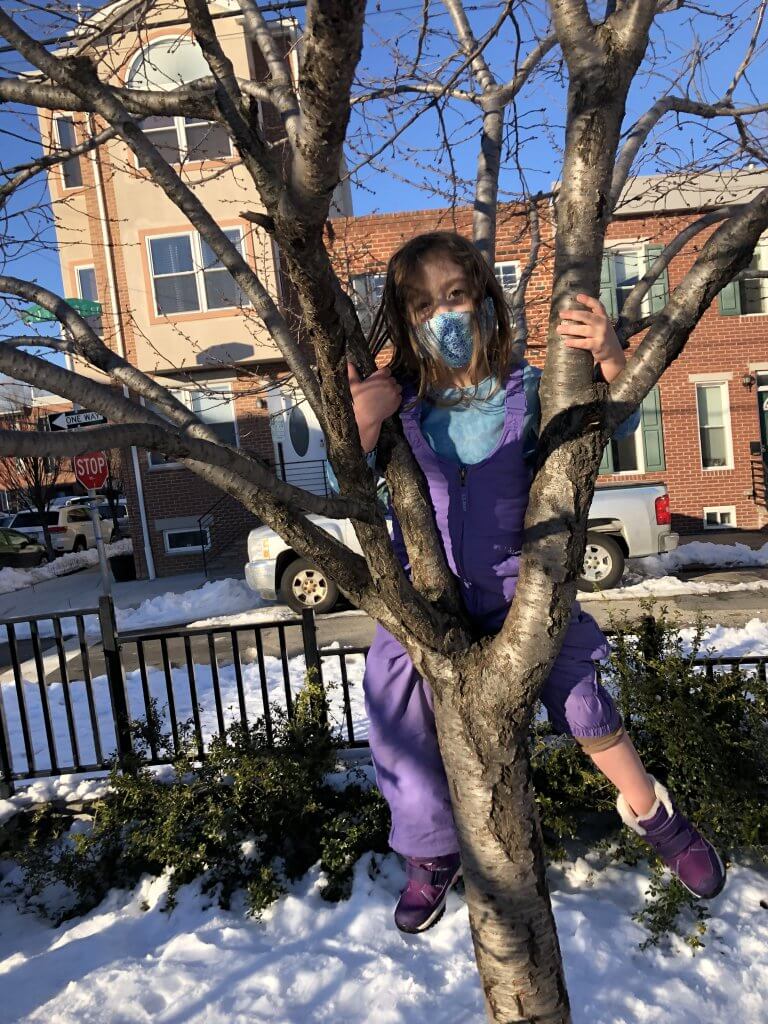
Yaakov and Eisav are each offering the other one control in this interaction (trying to exchange gifts and servants, bowing, offering to walk together at the other’s pace, etc.). What about a relationship would make you want to offer to interact with the other person on their terms rather than your own?
- If I wanted to walk with you but I was on my scooter, I’d have to slow down to talk to you… or I could ask you to run to keep up with me.
- Do something on someone else’s terms because you might feel safer. (Like maybe Yaakov wanted to interact with Eisav on Eisav’s terms because he was still worried about getting killed and he thought Eisav would be less mad at him that way.)
- So you can ask questions and learn more about the person, so on their birthday you can put it in a card that you made for them. It shows that you were paying attention and caring about them.
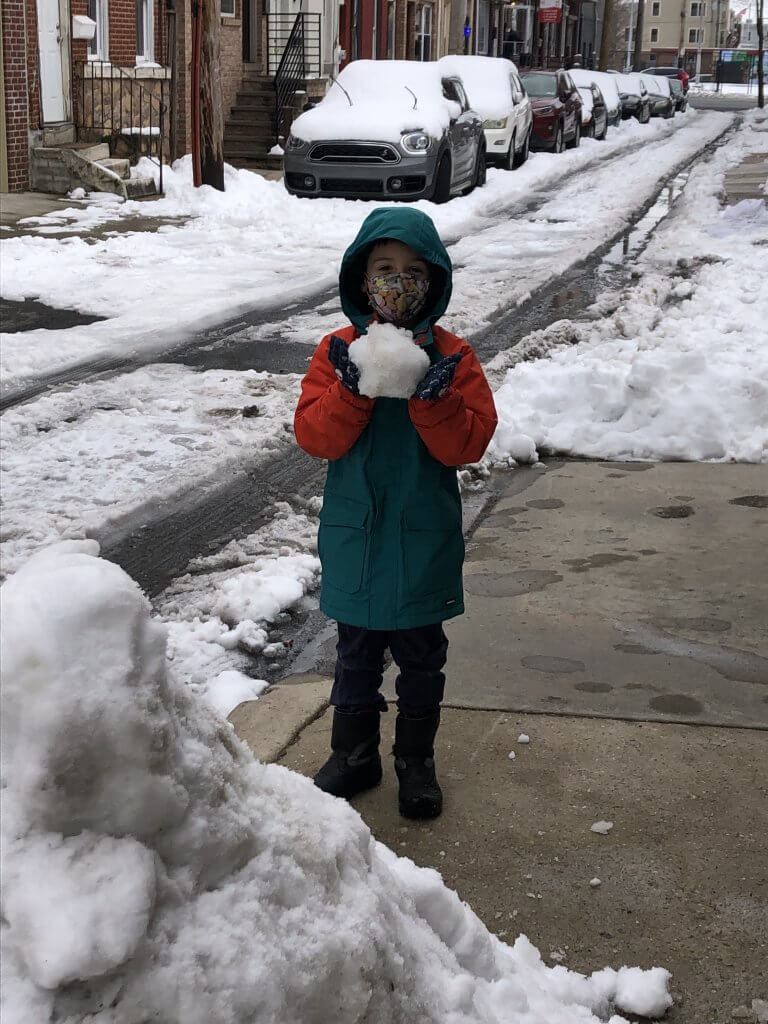
What makes it easier to forgive someone? What makes it harder?
- Cuddling stuffed animals until I’m calm makes it easier to forgive them.
- If they keep getting me frustrated repeatedly that makes it harder to forgive them.
- What do you do if the other person is busy when you’re trying to forgive them? I guess you could write them a letter, but that’s different than saying it to them yourself.
Yaakov and Eisav’s relationship was full of ups and downs. In the end, though, they managed to overcome decades of predetermined conflict to see and love each other as the brothers they are. I hope that we continue to look to their example as we move through the conflicts in our own lives, taking care of ourselves and each other, and coming out in a place of peace.
